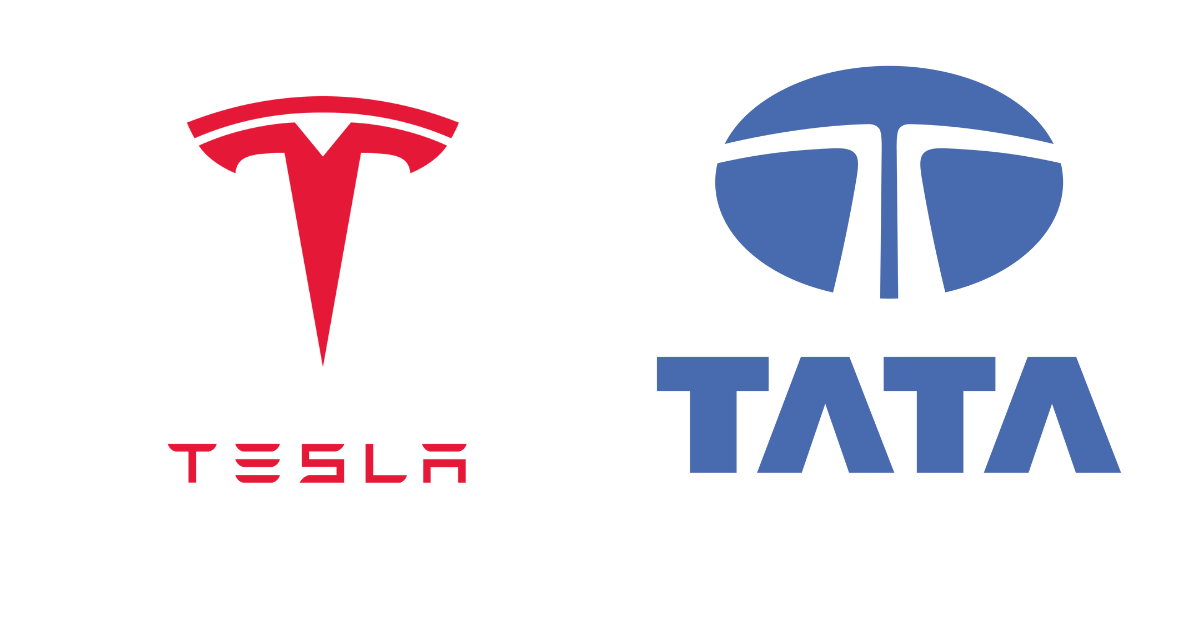In a strategic move to fortify its global operations, Tesla has entered into a significant agreement with Tata Electronics to procure semiconductor chips, sources revealed to The Economic Times. The deal, executed quietly a few months back, positions Tata Electronics as a reliable supplier for major global clients seeking to establish a crucial segment of their semiconductor value chain in India.
While details regarding the value of the sourcing deal and other specifics remain undisclosed, the move underscores Tesla’s keen interest in expanding its footprint in India, the world’s fastest-growing major automotive market. With Tesla’s CEO, Elon Musk, scheduled to visit India this month for discussions with Prime Minister Narendra Modi, anticipation is high regarding potential investments in the country, particularly in electric vehicle (EV) manufacturing facilities. Notably, Tesla currently holds the esteemed title of being the world’s most valuable automotive company.
Both Tesla and Tata Electronics have refrained from offering comments on the matter, as per the ET report. However, recent speculations have hinted at Tesla’s endeavors to secure a local partner to bolster its presence in India. Reports surfaced last week suggesting the possibility of a joint venture between Tesla and Reliance Industries to establish manufacturing facilities within the country.
In line with these developments, the Indian government’s recent approval of an Electric Vehicle (EV) policy aims to position India as a global hub for EV manufacturing. Mandating a minimum investment of Rs 4,150 crore with no maximum limit, the policy seeks to attract investments from renowned global EV manufacturers. Additionally, the policy outlines a three-year timeline for establishing manufacturing facilities, commencing commercial production of EVs, and achieving a 50% domestic value addition within five years at most.
Moreover, the policy caps the duty on the total number of EVs permitted for import, ensuring alignment with the investment made or Rs 6,484 crore, whichever is lower. Furthermore, it sets a maximum limit of 40,000 EVs, with an annual cap of 8,000 vehicles, for investments amounting to $800 million or higher, with provisions for carrying over unused annual import limits.
As Tesla’s collaboration with Tata Electronics unfolds against the backdrop of India’s burgeoning EV landscape, the alliance is poised to catalyze significant advancements in the country’s automotive sector while amplifying Tesla’s global presence.
